NUMANIYAH, Iraq - While violence has taken a downward slide recently, the Iraqi National Police are beginning to move on to learn tactics and procedures that will push them into the next several stages of law enforcement.
Policemen with the 5th Brigade, 2nd Iraqi National Police Division, came to the National Police Academy in Numaniyah to learn not only the basics that help them clear rooms, run traffic-control points and become better tacticians, but to receive specialized training on time-tested law-enforcement principals aimed at making them one of the most agile forces in the country.
Mehmet Ersoy was in law enforcement for more than 20 years in Australia. He now trains the Iraqi policemen at the academy on what he calls a "Multi-faceted" approach to law enforcement.
"Not only do they have to know how to clear a building and collect evidence," he said. "They have to learn how to converse with the public and give information about certain things without giving away information that needs to be protected. [The national police] have to go back and stand up on their own two feet."
Getting the peoples' trust in their police is one of the reasons they came to the academy, he said.
According to the program director at the academy, another objective stressed is that as normalcy in Iraq begins to be maintained, the police force will need to move more toward a role that they are truly meant to perform.
"In three, four or five years, [the national police] are going to have to start working as a police force," Ersoy said. "They are going to have to concentrate more on evidence collection and getting common criminals into the judiciary system the right way as to get them convicted, sentenced and jailed for their crimes."
To begin the transition from basic security force to legitimate a police force, the instructors first stress that they are not the army and have to continue distancing themselves from a less-than-traditional army role and into the next phase of law enforcement.
According to one instructor, who didn't wish to be named, this is where hours and hours of classroom training on how to contain a crime scene, interpret and catalog evidence and gather information are all as important as tactical skills like checkpoint operations, room-clearing and weapons are to a paramilitary organization like the National Police.
The National Police force is beginning to learn their role, which falls between the Iraqi Army and the Iraqi Police, said Maj. Scott Koast, the 5-2 National Police Transition Team's training officer and Mount Morris, Penn., native
"Down the road, we'll see the Iraqi Army become more of a force that protects the country's borders from foreign invaders. The Iraqi Police will become the law enforcement and the National Police will bridge the gap between the two," he said.
Koast compared the National Police to a force similar to that of what the National Guard does in America. Helping control riots or aiding in times of national disaster are examples of their main roles. The National Police will hopefully serve as a quick-reaction force that is able to deploy to areas in need due to their forces' quick mobility and light movement capabilities, he said.
One of the most important goals the leadership of the 5th Brigade wants to accomplish is to empower its noncommissioned officer corps in order to facilitate a better-trained and agile force.
Staff Sgt. Amer Zaboon from the 3rd Battalion, 5-2 National Police, said that he is willing to take on much more responsibility and accountability for his troops. He's even gone as far as working well after hours to train younger, more inexperienced policemen on weapons and policing skills to help the entire force.
Zaboon said after four years on the force already, he has started to see the NCO corps become stronger in recent months thanks to his leadership letting them take more control of the younger policemen. He said that decentralizing the force is a good way to bring it to the next stage of development.
"If I can bring what I've learned here back to the streets of Baghdad, teach others and become better policemen, then it has all been worthwhile," he said.
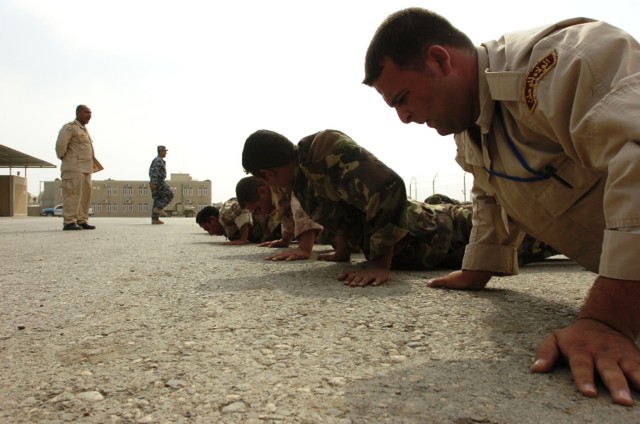
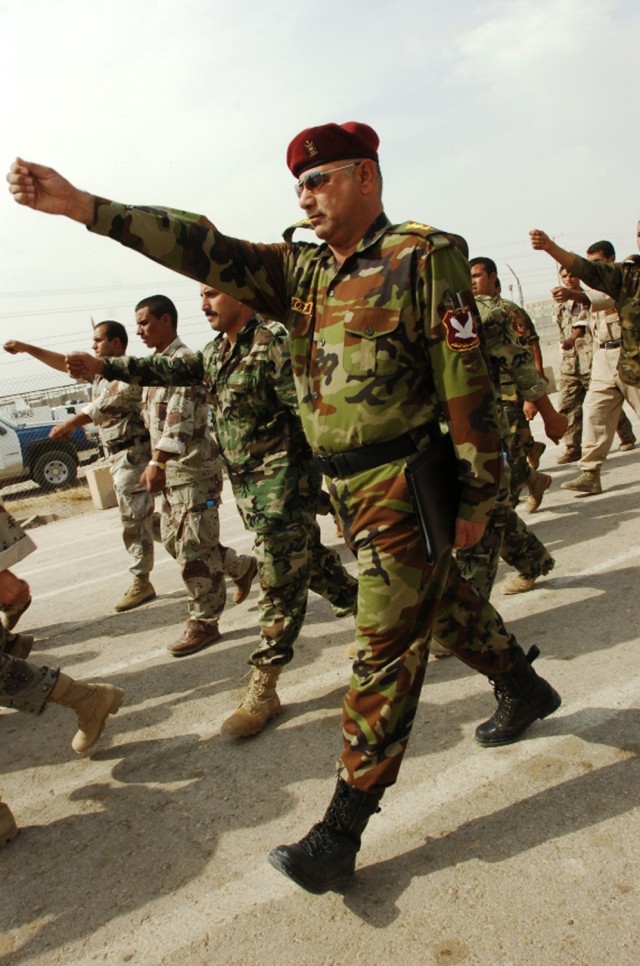
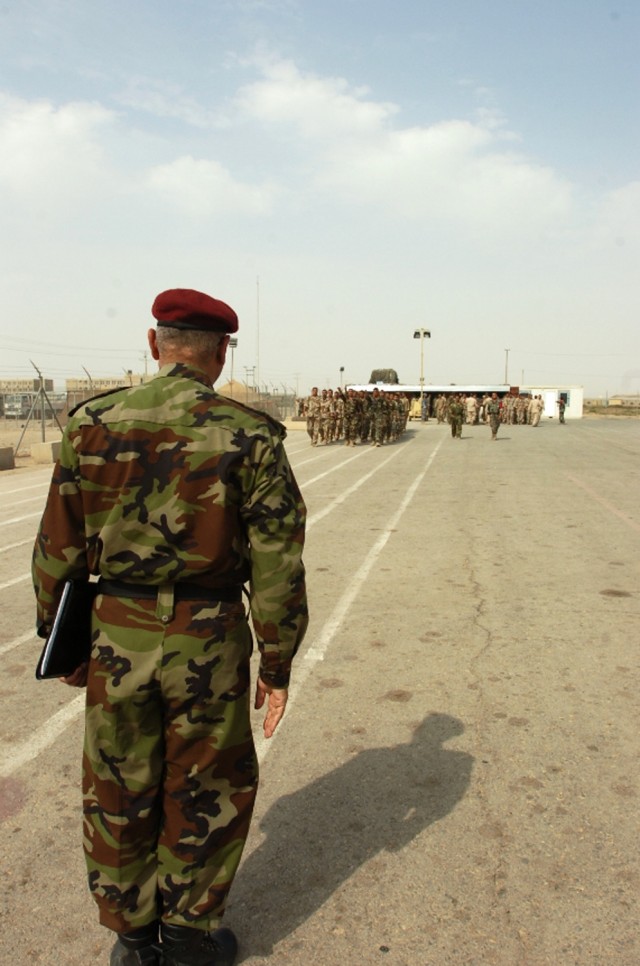
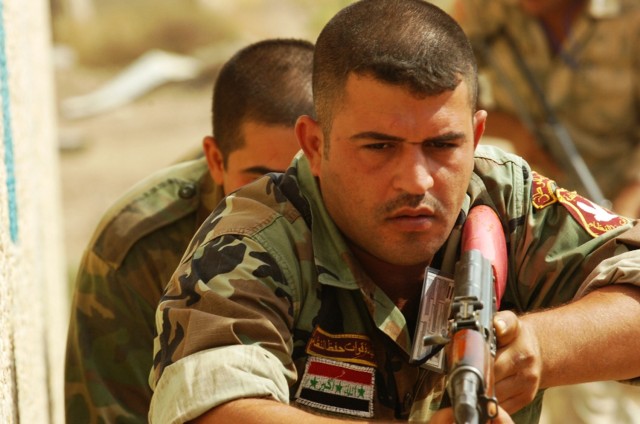
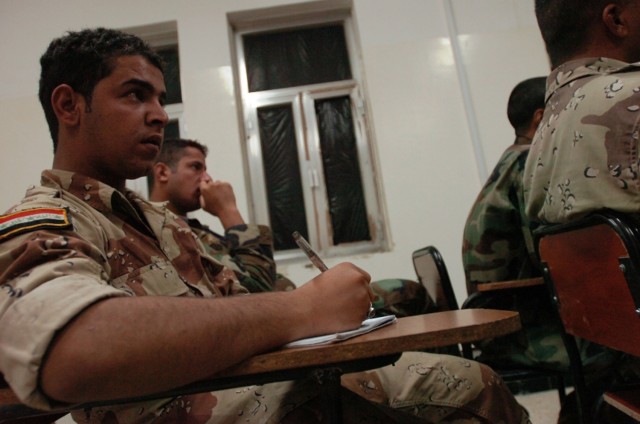
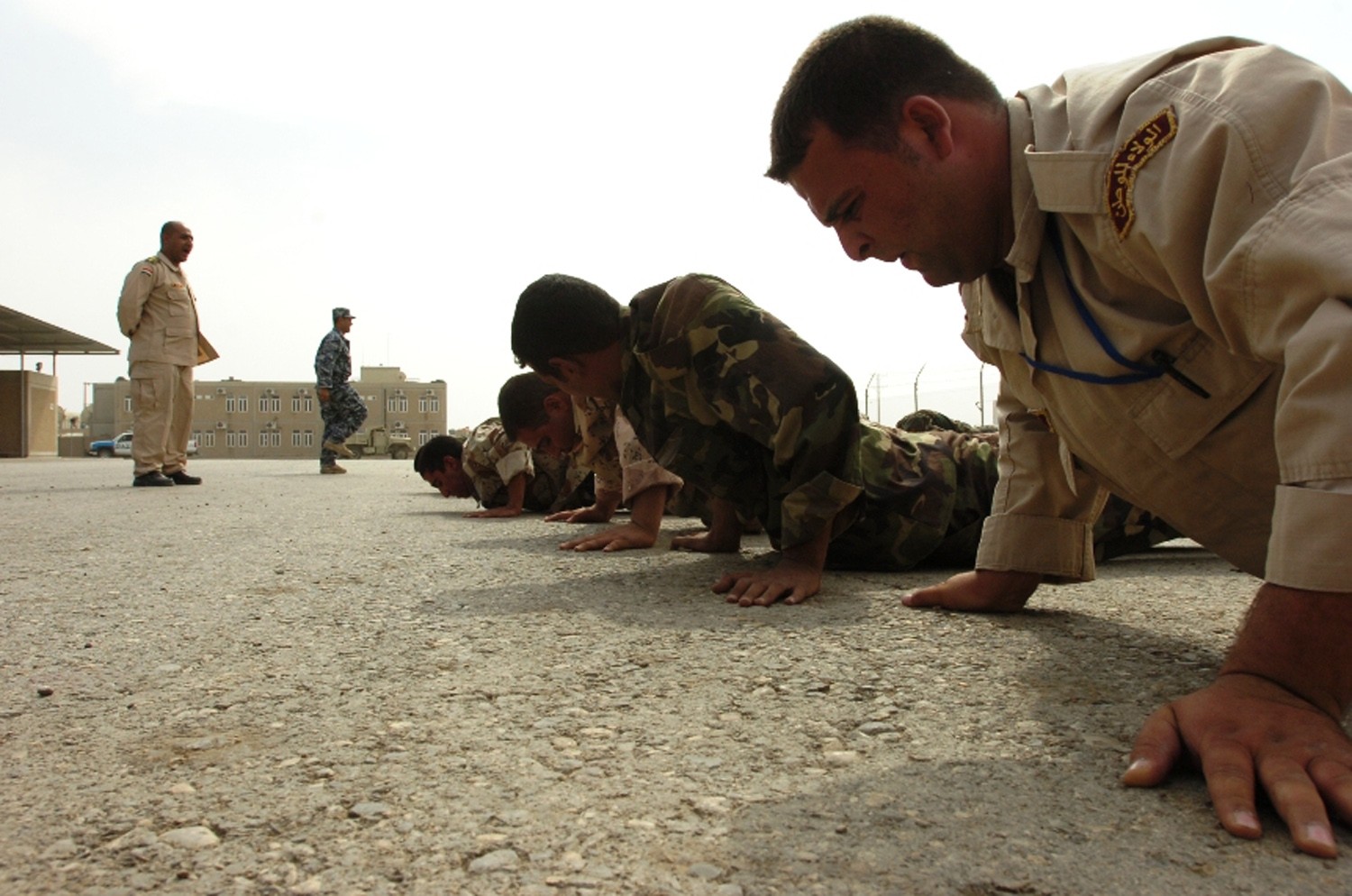
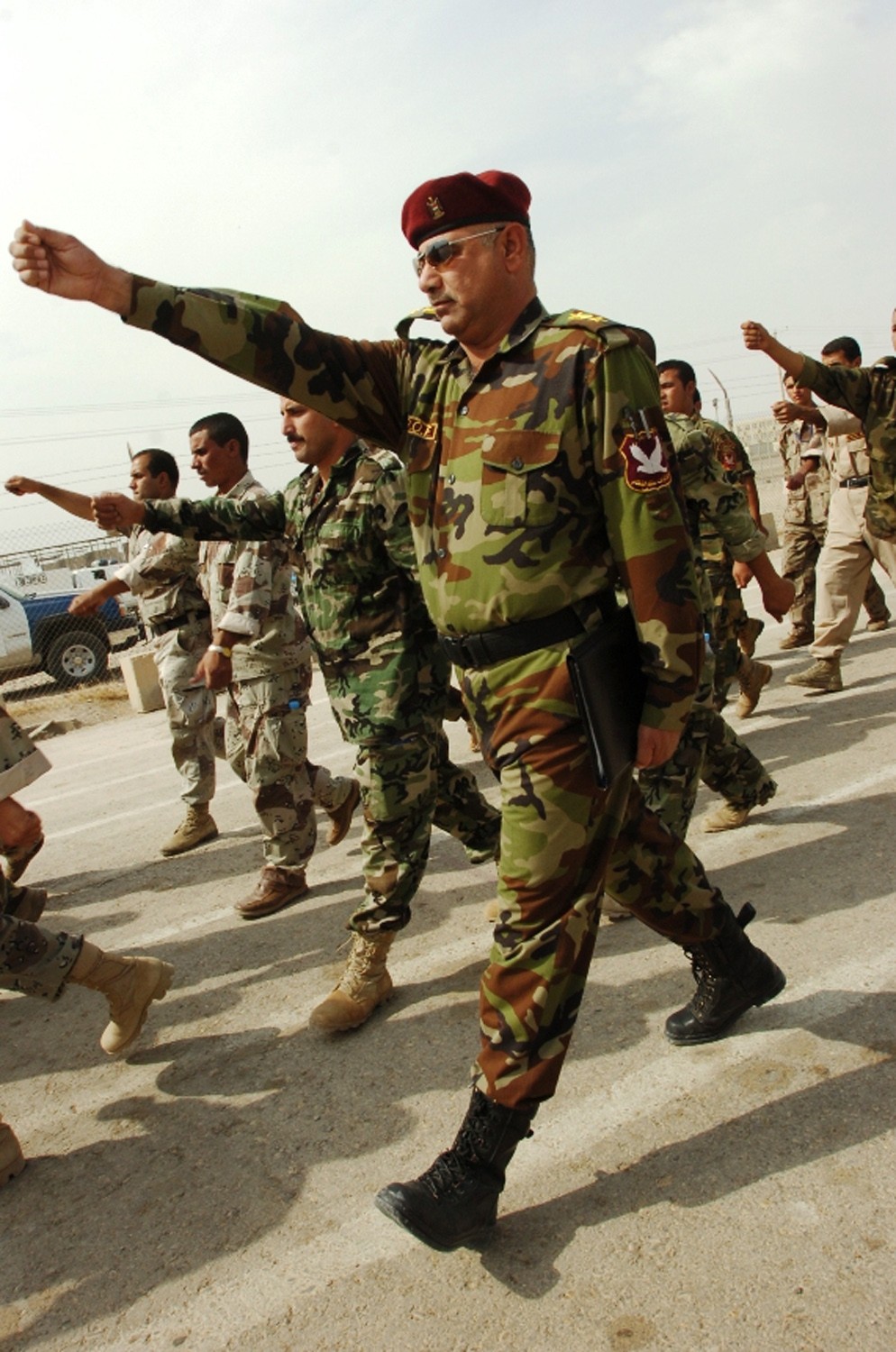
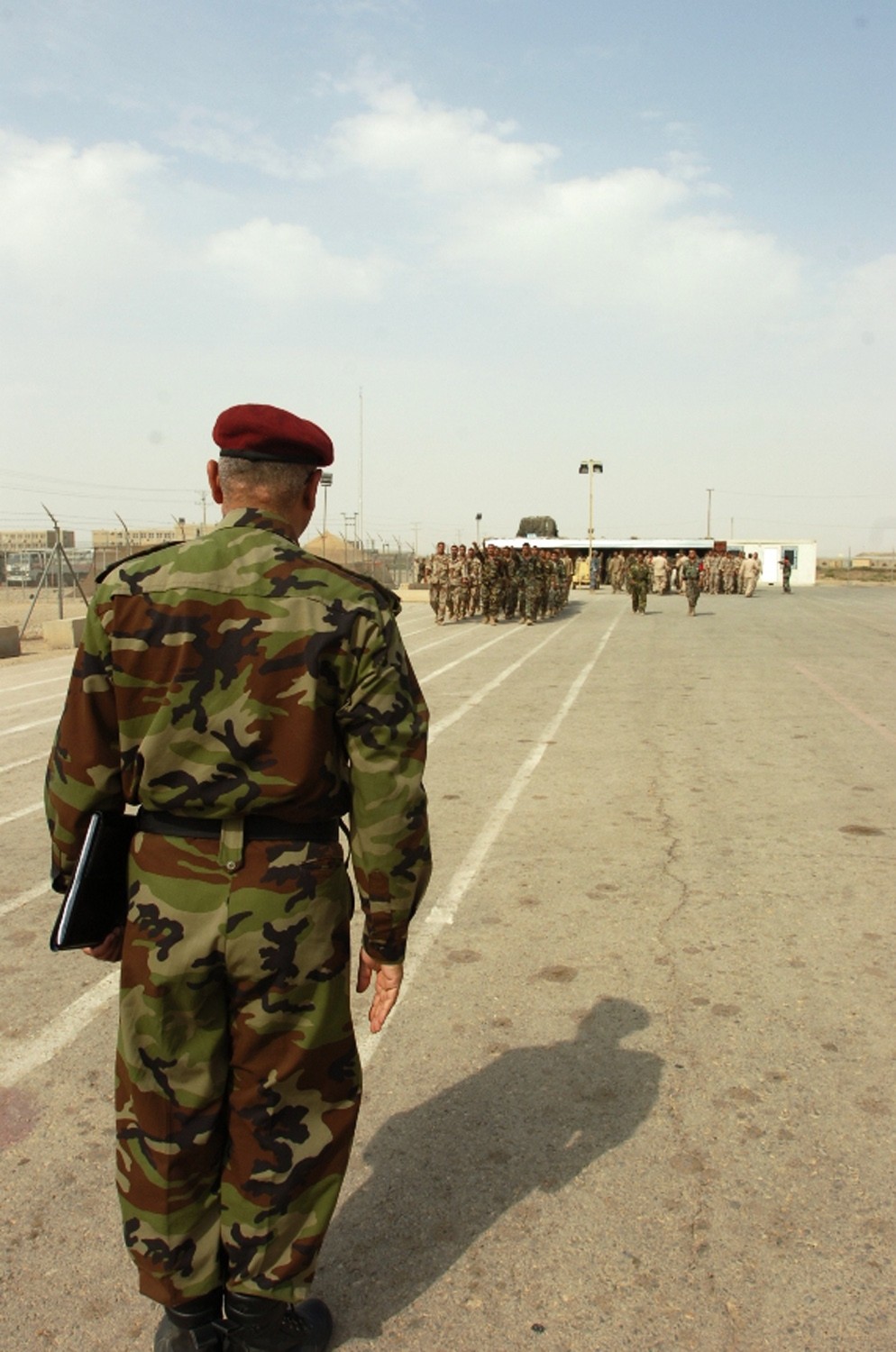
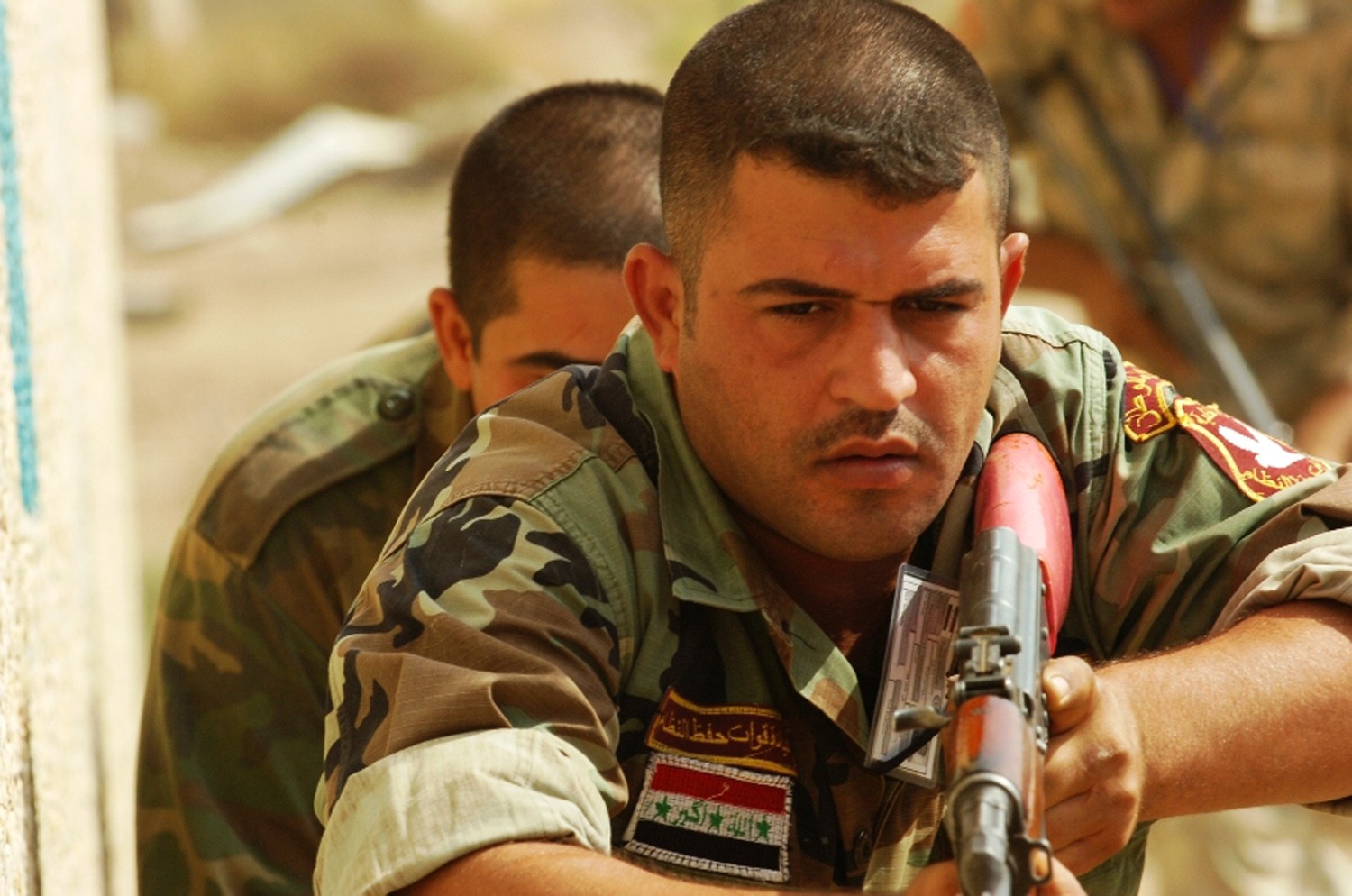
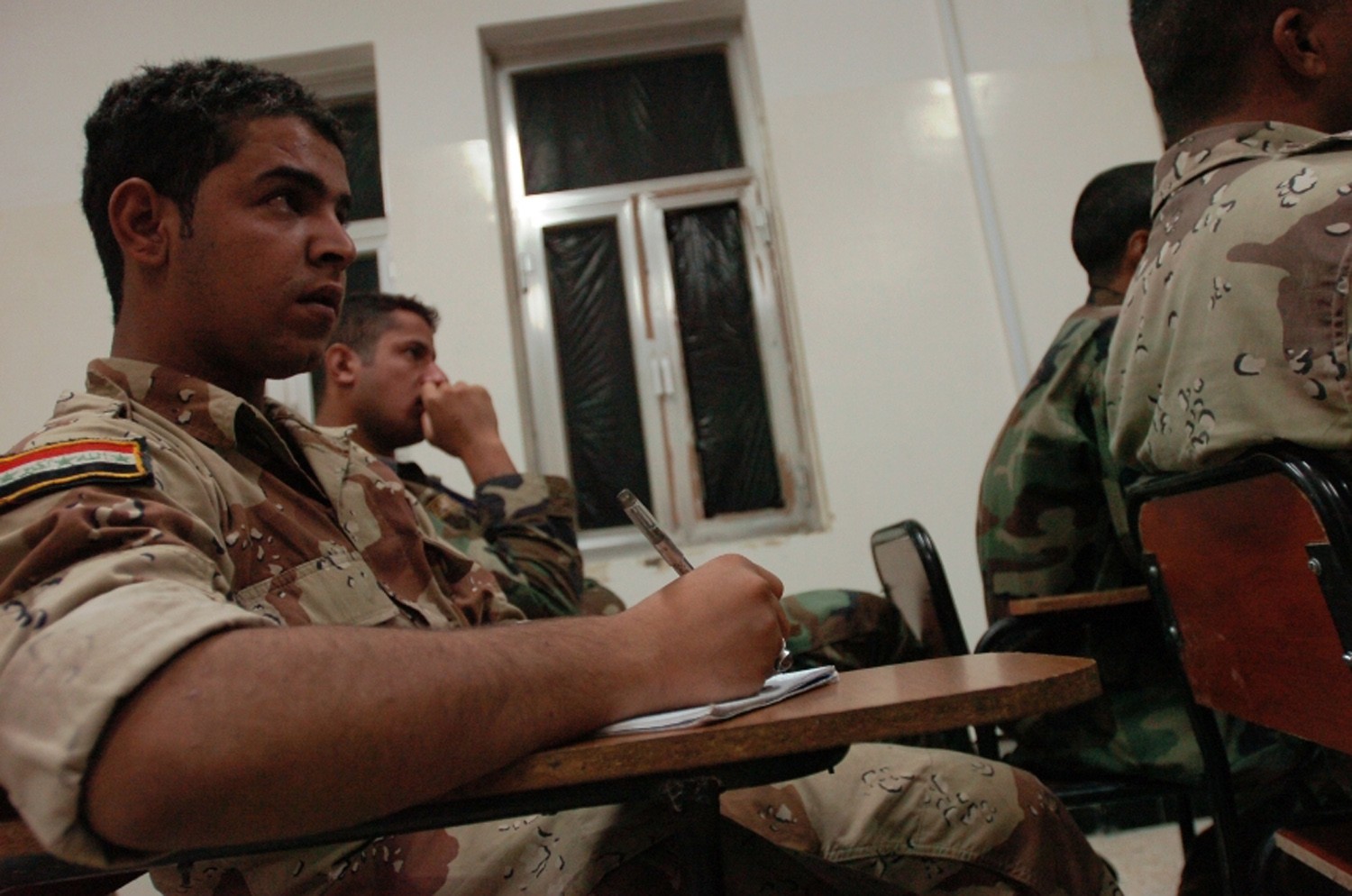
Social Sharing